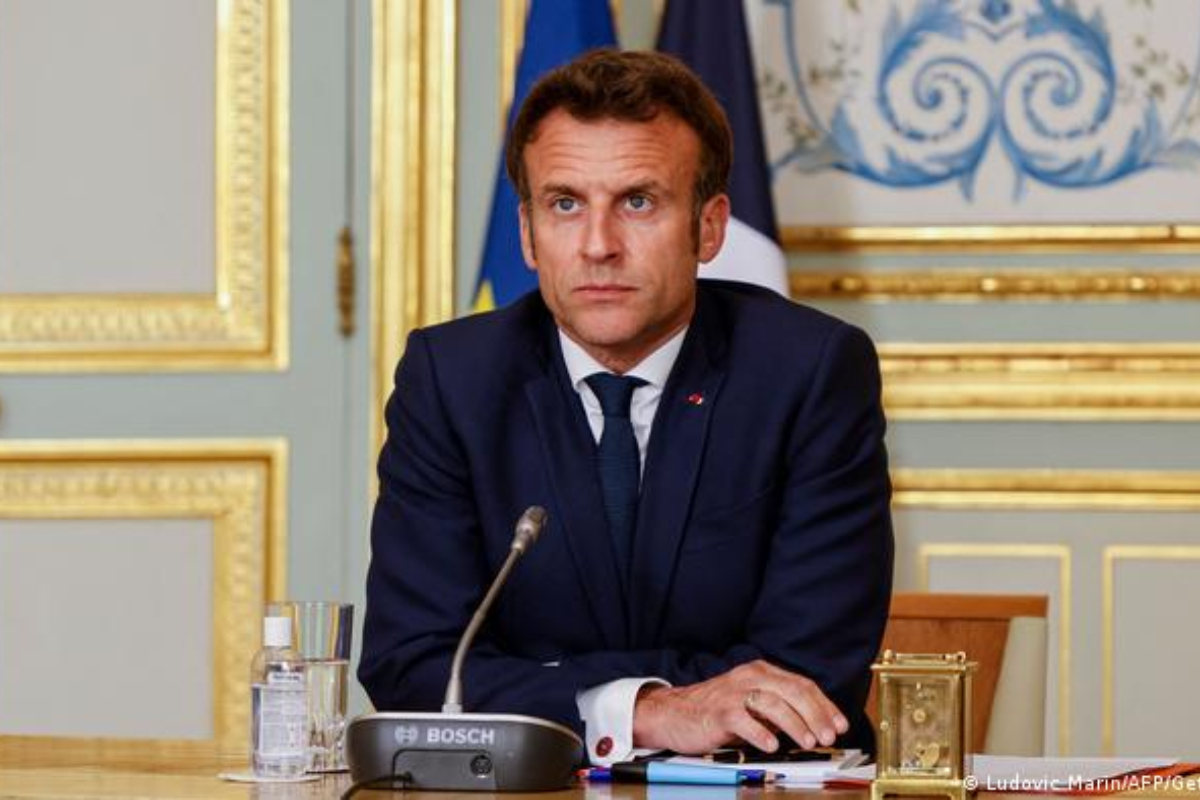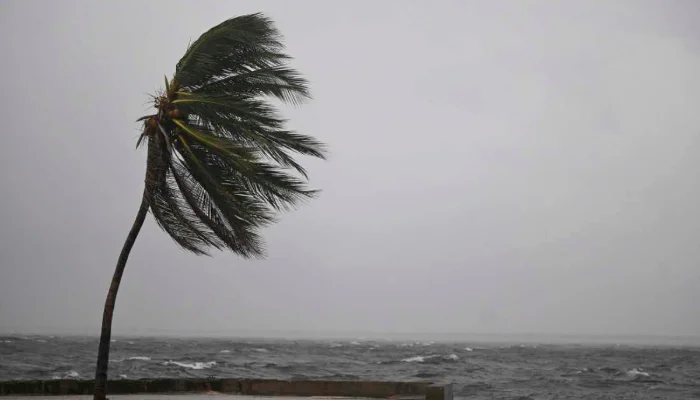- France’s divided parliament approved its first significant piece of legislation on Friday.
- Passing a 20 billion euro package to aid low-income people facing inflation.
- The legislation includes a number of measures aimed at assisting consumers, including boosting pensions and benefits.
France’s divided parliament approved its first significant piece of legislation on Friday, passing a 20 billion euro ($20 billion) package to aid low-income people facing inflation after elections last month.
The centrist government of President Emmanuel Macron, which is 39 seats shy of a majority and was desperate to demonstrate it could forge an agreement, received a boost from the early-morning vote.
In a vote that took place just before 6:00 am, the so-called “emergency purchase authority measure” was approved with 341 votes in favour, 116 votes against, and 21 abstentions (0400 GMT).
Prime Minister Elisabeth Borne stated on Twitter that “building majorities for projects to bring real solutions to the French people we achieved.”
Most left-leaning MPs opposed it, while the National Rally party of far-right leader Marine Le Pen and the Republicans did.
The legislation includes a number of measures aimed at assisting consumers, including boosting pensions and benefits, prolonging fuel tax reductions, and controlling rent hikes.
Additionally, it grants the government the authority to address an impending energy crisis brought on by the consequences of Russia’s invasion of Ukraine.
In one of the more contentious measures, the state is given permission to restart a coal-fired power plant in eastern France in the event that there are power outages this winter.
While justifying it as a “temporary” solution to “an unusual scenario,” Maud Bregeon of Macron’s Republic on the Move party acknowledged that the reintroduction of coal was “not good news.”
The Senate will now consider the bill, where it is anticipated to pass.
Following the legislative elections last month, which saw Macron lose his majority just two months after being re-elected for a second term, French politics have entered an unusual time of turmoil.
Midway through July, opposition parties defeated a proposal to require travellers to produce documentation of their Covid-19 vaccine. This was the government’s first setback.
The first two weeks of debates have been regularly heated, with one ruling MP claiming that the atmosphere in the chamber was “like a football match.”
Marine Le Pen, the head of the far-right RN party, who saw a 10-fold rise in seats after the elections, has attempted to present her group of lawmakers as a mature opposition force.
She stated earlier this week that “we as RN members of parliament have clearly absorbed the message from the French people.” They choose productive work above obstructionism.
As part of her decade-long effort to transform the reputation of her formerly tiny party, which was long associated with racism, she has instructed her MPs to dress professionally when in the House of Commons.
An friend of Macron revealed last week to Le Figaro newspaper, “The National Rally is giving us the kiss of death by voting for these laws.”
According to a fresh poll released on Friday, 58 percent of French citizens thought the hung parliament was a positive thing, an increase of two percentage points.
According to the BVA polling group’s study, Macron and Borne both benefited from a surge in popularity during the past month.
A total of 43% of respondents had a favourable impression of Macron, an increase of 5% from June, and 49% had a favourable opinion of Borne, an increase of 8%.
Despite the fact that the cost-of-living bill was easily enacted, economists predict that future proposed laws, like pension reform, will be far more challenging.
There will be further arguments and another vote to approve an emergency budget to pay for the cost-of-living package.
[embedpost slug=”france-battles-massive-wildfires-britain-records-highest-ever-temperature/”]


















